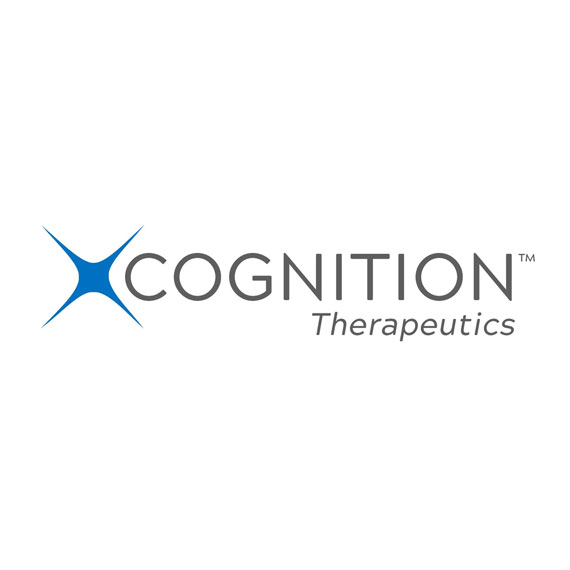
Cognition Therapeutics (NASDAQ:CGTX) reported topline results from its Phase 2 double-blind, single-crossover SEQUEL study of CT1812 in 16 adults with mild-to-moderate Alzheimer’s disease that met its primary endpoints for safety and tolerability and showed positive effects for CT1812-treated participants as measured via quantitative electroencephalogram (qEEG).
The SEQUEL study, conducted in the Netherlands, examined brain wave changes over four weeks of treatment and showed that participants treated with CT1812 experienced a numerical reduction in relative theta power, compared with the period when they were on placebo.
While not statistically significant, these data indicate a positive impact on underlying brain function and are supported by nominally significant and directionally positive changes in AECc and alpha power.
In addition to global measures of brain activity, the study assessed brainwave changes in frontal, central, temporal and posterior regions. Treatment with CT1812 was associated with decreases in relative theta in each of these regions, with statistical significance in the change in relative theta in the central region.
In addition to changes in theta wave patterns, an AECc analysis of the qEEG results showed that CT1812 treatment was associated with nominally statistically significantly greater connectivity between brain regions. The brain’s ability to communicate and exchange information between regions is critical to cognition.
“We look forward to continuing our work with Cognition as a clinical trial collaborator in the SHINE study, which is studying CT1812 over a six-month treatment period in 144 adults with mild-to-moderate Alzheimer’s disease,” Everard Vijverberg, M.D., Ph.D., a neurologist and senior researcher at the Amsterdam University Medical Centers, and principal investigator in SEQUEL, said in a statement.






